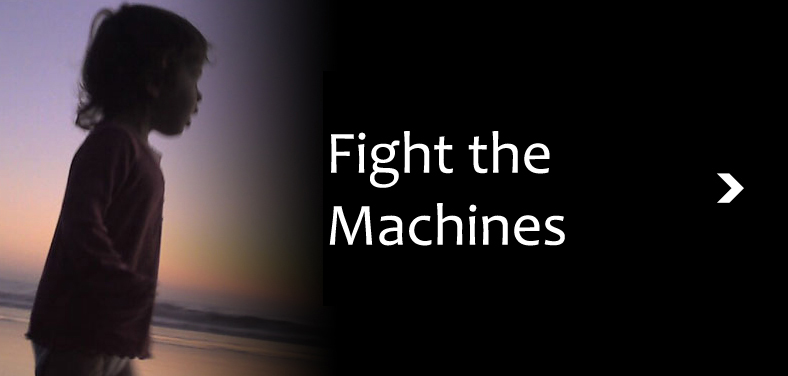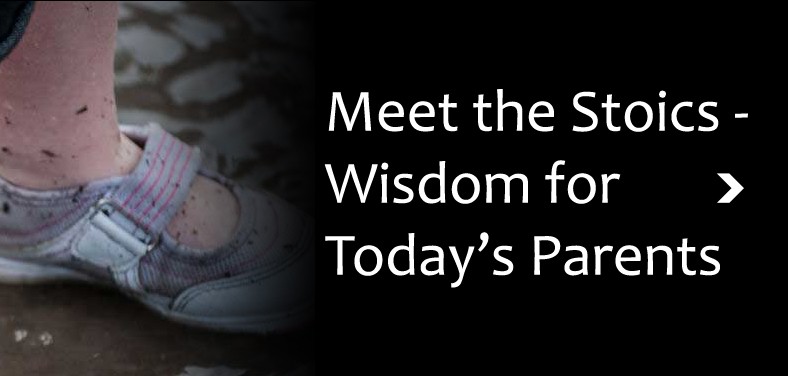How do we parents and caregivers actually change our habits, so we model good mental health, while instilling it in our children through the environment we create?
There is a glorious, ancient answer to that question, and it happens to align perfectly with Cognitive Behavioral Therapy (CBT), the evidence-based psychological practice recommended most frequently today.
I speak of the Stoics, or “guys who sat on the porch (Stoa) and talked.” Stoic teaching is a guide to action, not contemplation. Stoic practice creates a desired state of consciousness, leading towards happiness, good relationships, and personal effectiveness. As a framework for facing the terrors and mysteries of the unknown in a time of anxiety and uncertainty, the Stoic approach is as helpful to today’s parents and educators as it was to the ancients, as helpful on the playground as it was in the Roman Senate … the perfect framework for applying the lessons of Magda Gerber and Emmi Pikler.
Regardless of your involvement with young children, the Stoic values of self-knowledge, self-restraint, and respect for others – combined with the Stoic principles of living only in the moment and knowing what you can control, and what you cannot, are priceless. These techniques of the Stoics, combined with the wisdom of the early childhood behavioral experts, offer today’s parents a practical guide for raising a confident, competent, respectful and resilient child.
So, whether you are trying to get a kid into a car seat, deal with a tantrum, or manage the Roman Empire … the same lessons apply!
If this interests you, please read my post on “introduction to Stoic Thought – and it’s value in Early Learning.”[Link]
So, Emmi Pikler, the Stoics, Buddhism, Neuroscience – I will give you a wide range of respected sources, but you’ll note all operate from the same belief – respect for the child’s experience. You can read about it, or just explore it – not with other adults, but with the child in your care. Your partner. That person who is exactly this old today, exactly capable of what they can do right now. So if you open up to how they are changing, what they are doing, seeing, feeling and thinking, if you learn how to talk to support their growth – if join them in their lives and let them set the pace of their own learning, following their own natural path – you will see God



Add comment